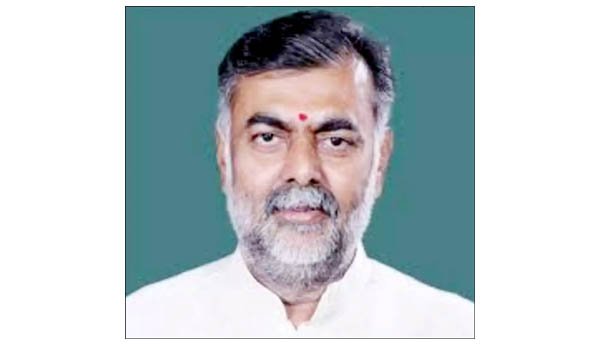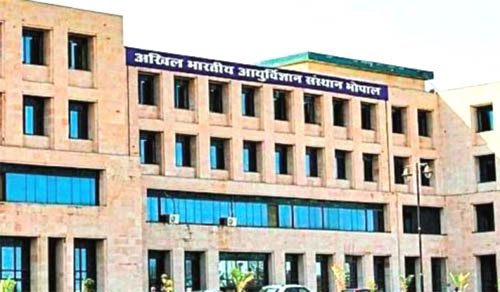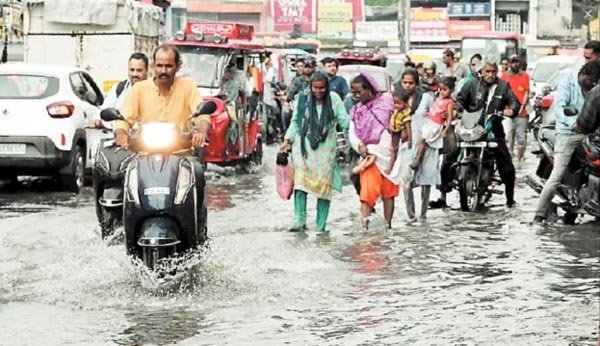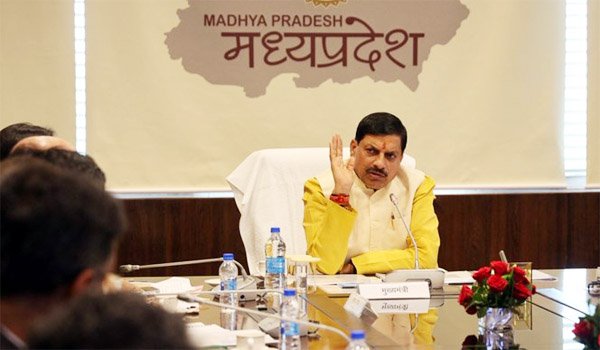Islamabad, Jan 3 (UNI) Two World Bank officials have said Pakistan’s economy is now facing one of its worst crisis, blaming it on a series of factors including poor policy choices, below-par human development outcomes and declining per capita income growth.
World Bank Vice President for South Asia Martin Raiser and the bank’s country director for Pakistan Najy Benhassine called for “deep, sustained” reforms and said “the alternative of muddling through with short-term fixes and external financing is riskier and much harder to pull off”.
In a signed article in Pakistan’s leading media outlet Dawn, the two officials said after a commendable long period of uninterrupted decline in poverty rates, Pakistan’s economy is now facing one of its worst crisis.
“Poor policy choices, combined with a series of shocks — Covid-19, the 2022 catastrophic floods and adverse global conditions, caused growth to slow, poverty to increase, and brought the country to the brink of debt default.
“Moreover, human development outcomes remain at levels we see in much poorer countries, while per capita income growth has been declining in the face of low productivity and high fertility,” they said.
“These challenges call for deep, sustained reforms… Many countries’ turnarounds have emerged out of similar crises. For Pakistan too, this, could be an opportunity to address deep-rooted issues that have plagued the country’s development for too long,” Raiser and Benhassine wrote.
According to them, Pakistan must first address its human capital crisis, manifest in seven percent of children dying before their fifth birthday, which is multiple times higher than in comparable countries. Again 40 percent of children under five suffer from stunted growth, with the figure rising to 50 percent in poorer districts.
They stressed on providing wider access to clean water and sanitation, birth spacing services, and improved living and hygiene environments,and surmised It would take strong cross-sectoral and local
coordination, a national mobilisation and behavioural change campaign, and investments of close to 1 percent of GDP every year.
They also referred to Pakistan’s weak education system, and advised the country to generate more fiscal space, abolishing expensive tax exemptions and reducing compliance costs.
“Over time, bold fiscal reforms could potentially generate more than 12pc of GDP in new fiscal space. This is three times the additional resources needed to address human development gaps — leaving enough resources to raise public investments in infrastructure and reduce public debt,” they said.
The World Bank officials also suggested the country strive for a more dynamic and open economy.
“A challenging business environment deters investment, as does strong state presence in contested markets… lasting impact will require addressing urgently the core issues behind low investment and
declining productivity growth — levelling the playing field, spurring competition, cutting red tape and increasing policy predictability,” they pointed out.
They also recommended transforming the agriculture sector to safeguard food security, and opposed current subsidies, government procurement and price restrictions.











